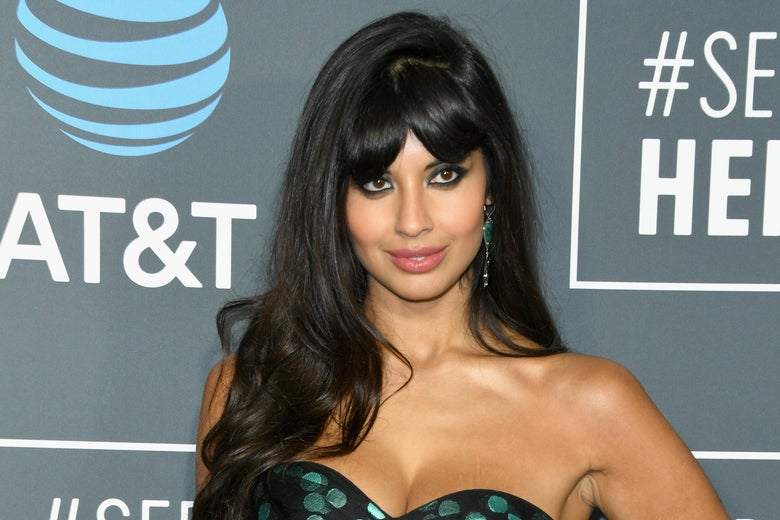Community, Leadership, Experimentation, Diversity, & Education
Pittsburgh Arts, Regional Theatre, New Work, Producing, Copyright, Labor Unions,
New Products, Coping Skills, J-O-Bs...
Theatre industry news, University & School of Drama Announcements, plus occasional course support for
Carnegie Mellon School of Drama Faculty, Staff, Students, and Alumni.
CMU School of Drama
Monday, January 21, 2019
Jameela Jamil says she turned down a role as a deaf woman in hopes producers would cast a deaf actress.
slate.com/culture: In an interview with the Press Association, The Good Place actress Jameela Jamil said she turned down a recent offer to portray a deaf woman in hopes that a deaf actress would be cast in her place. Jamil made her comments in the wake of a conversation about disability representation sparked by Bryan Cranston’s role as a paralyzed man in The Upside. Although she didn’t name the project, Jamil explained why she turned down the role
Subscribe to:
Post Comments (Atom)

4 comments:
Good on you, Jameela Jamil. This is a great response to this issue we are facing today. This is a difficult conversation to have, because intrinsically, the idea of acting is pretending to be someone you are not, someone who has had different experiences and a different life. It is different though when you are discussing actors who would not be considered for roles that their disability would prevent them from doing. In the case of Brian Cranston, they could have given that role to an actor in a wheelchair or to an able bodied performer; however, Kevin Hart’s role could not be played by someone in a wheelchair, because the ability of the character is a large part of the role. So the one role in the movie that a disabled actor could play was taken by an able bodied actor. We have to make space for actors of all abilities, because the roles that they are able to play are so fewer that it just does not make sense any more to give them to able bodied people.
Jameela Jamil sets a great example by not taking this role. I really appreciate her effort to make a change in the way the casting process works. I normally do not like when people pat themselves on the back about doing something good, but I think in this circumstance actors really do need to be more open about the roles they turn down. In this case especially many people would find it excusable for her to take the role because she once struggled with hearing loss in her early life. I am glad she did not use that excuse to her advantage and instead spoke out about her decision and how other actors need to follow suit. It is not about limiting actors to only play who they were born as, but about making sure the few opportunities that are provided to disabled people are not taken by those who are able bodied. Hopefully someday diversity will no longer be a problem and at that point the casting of roles like this one will not be such a controversial issue.
I like this new trend that's going on in Hollywood, keep it up. In only the past couple of weeks both Jameela Jamil has turned down a role for a deaf character and Darren Criss announced to the world that he will not be playing gay characters anymore. It's become apparent that these cheat outs aren't working anymore- I mean its easy to have a hearing actor play a deaf actor, you just have to teach them the signs for their scenes and you don't have to worry about actually communicating with them in sign language, but as an industry we have to demand more. It's not enough for it to be done in a respectful manner, where they thank the groups they are playing in their speeches or publicly sympathizing, in order to achieve true authenticity in the industry, you've got to cast authentic actors. Jameela is right, the roles for deaf actors are incredibly limited and if big Hollywood producers aren't ready to bring them on to their sets, they shouldn't be writing films about them.
Whenever I think about the lack of differently abled actors in the mainstream, I imagine the higher-ups saying that it’d just be easier to hire an able-bodied person. The undertones there imply that a person with disabilities might require different assistance and aid throughout the process, which may be true or not depending on the person. Even if it is true, though, my issue is that giants in Hollywood with massive budgets and unlimited reach find accomodations for an actor to be such an exorbitant waste of time and energy. That directly tells those people that they are not worth the natural and necessary effort that it takes to include them. I am so glad that actors like Jameela are willing to make a sacrifice of their own for this cause, but even more glad that this news is bringing awareness to deaf actors already in the industry that the general public may not be familiar with, such as Marlee Matlin.
Post a Comment